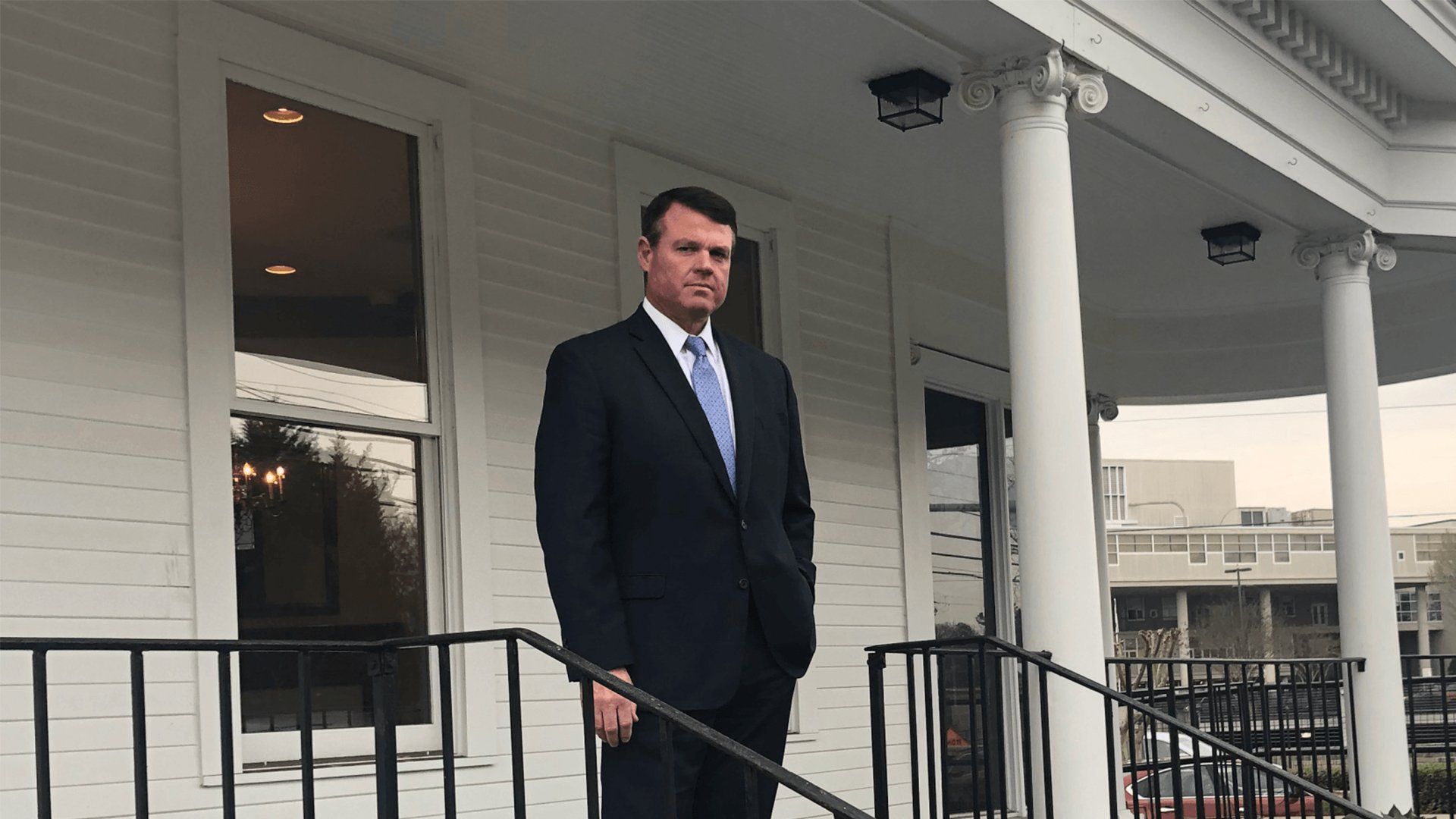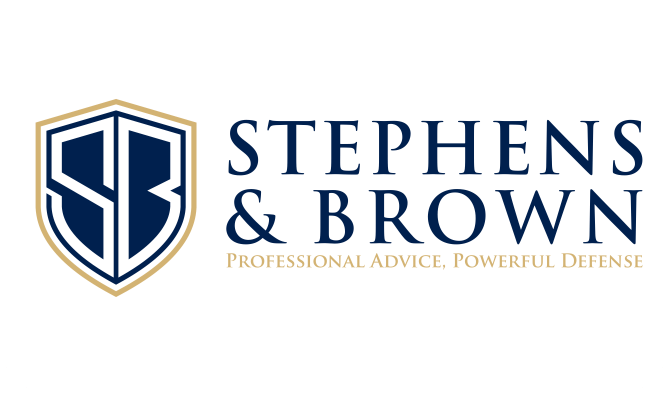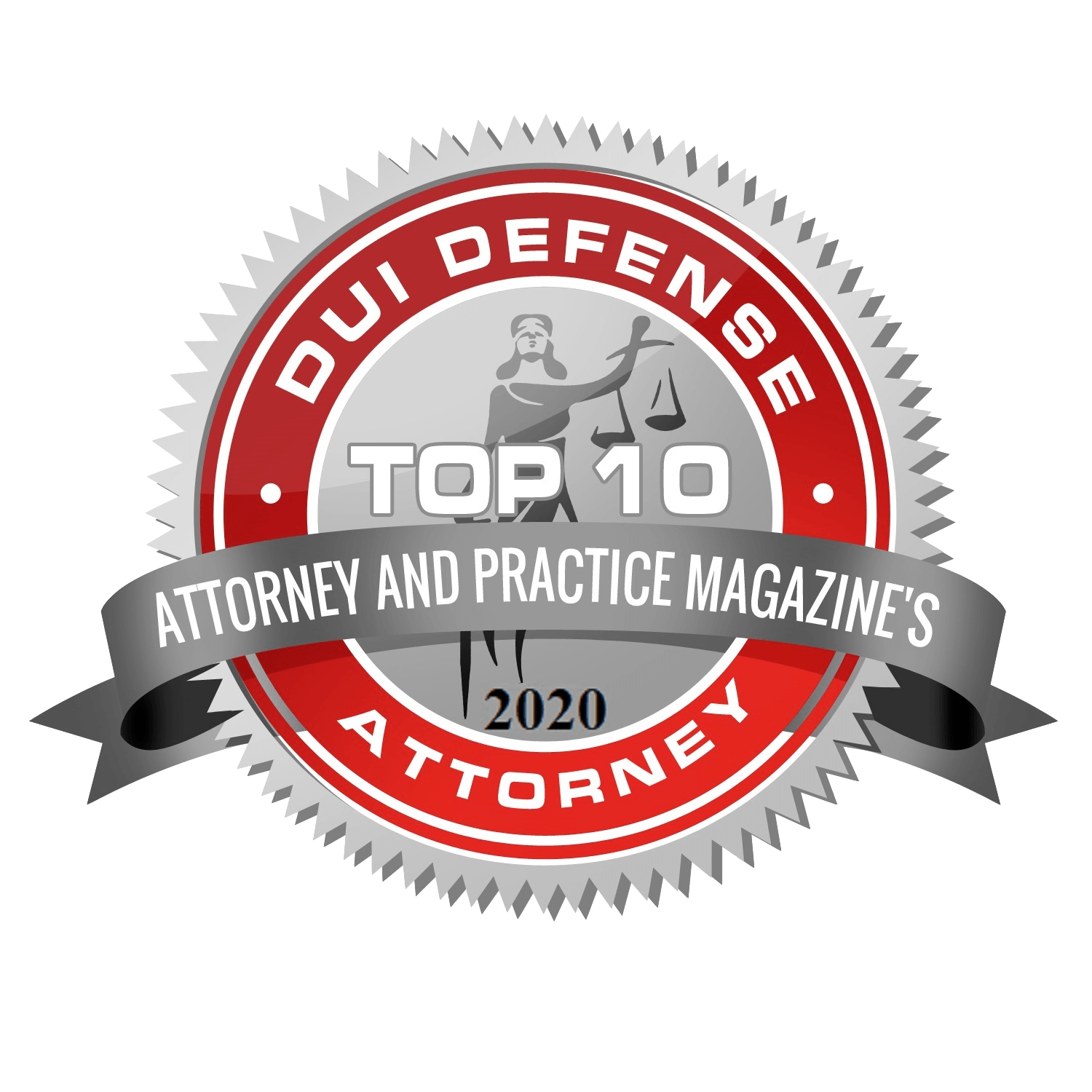Blog
Academic Dishonesty/Campus Rules
Student Legal Services Series 3: Academic Dishonesty/Campus Rules
Stephens & Brown , Athens Georgia’s premier DUI and criminal defense law firm , welcomes University of Georgia , University of North Georgia , Athens Technical College , and Piedmont College students back to Athens .
Continuing in our series of blogs intended to help new and returning students in Athens understand and navigate the legal system, today’s blog will focus on Academic Dishonesty and Awareness of Campus Rules . If you have questions about DUI laws or other local and state laws regarding alcohol consumption , you can access Student Legal Services Series: DUI here and Series 2: Alcohol Laws and Local Ordinances here .
Remember, if you are charged with a crime or asked to meet with school administrators about alleged crimes, it is essential that you hire an attorney who can provide you with a powerful defense and protect your future. Kim Stephens defends students every day against false or inflated accusations, winning in court, and preventing incidents from impacting students’ education and lives beyond college. He is a nationally ranked defense attorney and has successfully litigated hundreds of cases.
Academic Concerns:
While attending school in Athens, it is important to adhere to your college’s policies on academic honesty, appropriate behavior, and campus safety. Defense attorney, Kim Stephens , often represents students involved in student conduct hearings at UGA , and based on his years of experience with the student judiciary process, he advises incoming freshman and returning students to be particularly aware of the following:
- Any knife having a blade over two inches—even a small fishing knife—is considered a weapon per state law and University of Georgia regulations and is not allowed on campus, including in the dorms. If you are found to be in possession of such a knife, you will likely be charged with a felony .
- Plagiarism (using someone else’s ideas or words without proper citations) is considered a serious offense at the college level and can result in suspension or expulsion.
- Sharing test information or prior tests is considered academic dishonesty and can result in suspension or expulsion.
- Online quizzes and tests are frequently monitored via webcam or other tracking devices and any attempt to use outside help can result in charges of academic dishonesty .
2016 Update: Defense attorney Kim Stephens has represented several students recently who were accused of academic dishonesty based solely on camera footage taken during online tests. The footage showed students simply turning their head frequently to the side while taking the test/quiz, from which the instructor deduced that the student was consulting either another electronic device or a person for help and consequently brought charges against them. Pay close attention to the rules for online assignments and do not put yourself in a position where your academic career is at risk.
- If you are charged with any crime while attending college, and the college is made aware of the charge, they will hold a conduct hearing . The student judiciary has the power to suspend or expel you from the university EVEN IF the charges are dismissed or disproved.
Kim Stephens is familiar with the inner workings of the University of Georgia’s student judiciary and provides students with professional advice, often enabling them to continue their studies at the university even after facing charges by the student judiciary. In 2013, Kim Stephens successfully filed a petition for a temporary protective order and injunction which prevented a University of Georgia student charged with a serious crime (which was later disproven and dismissed) from being expelled. It is critical that students who find themselves facing a student conduct hearing seek professional advice to protect their future.
Leave a Comment
Contact Stephens & Brown Today















